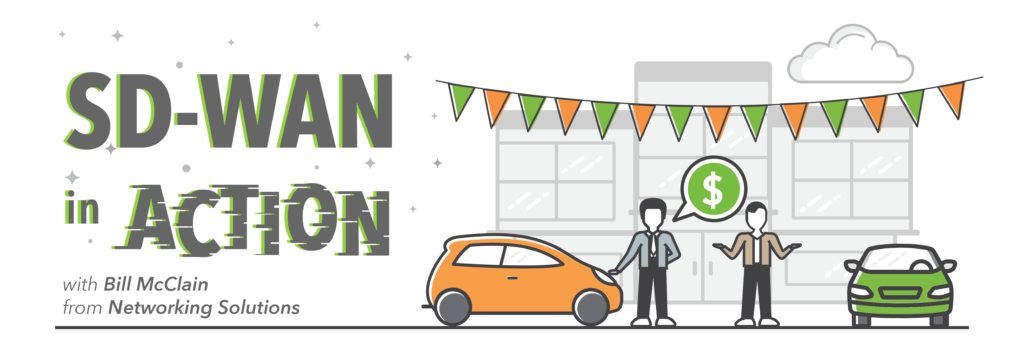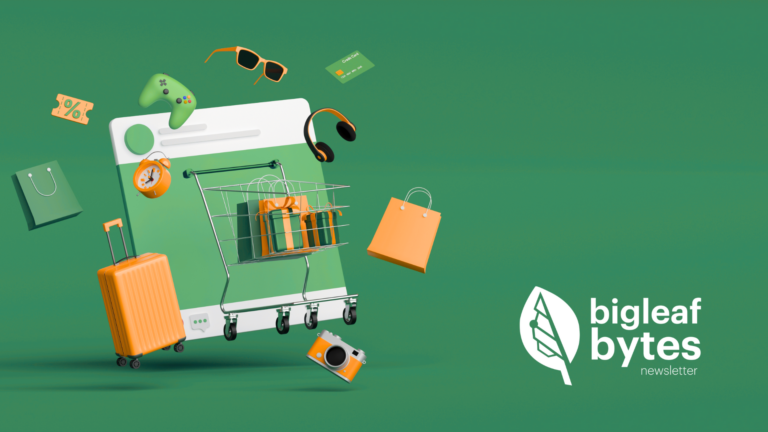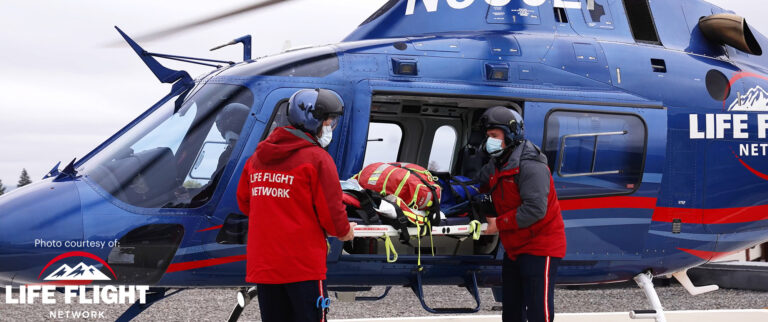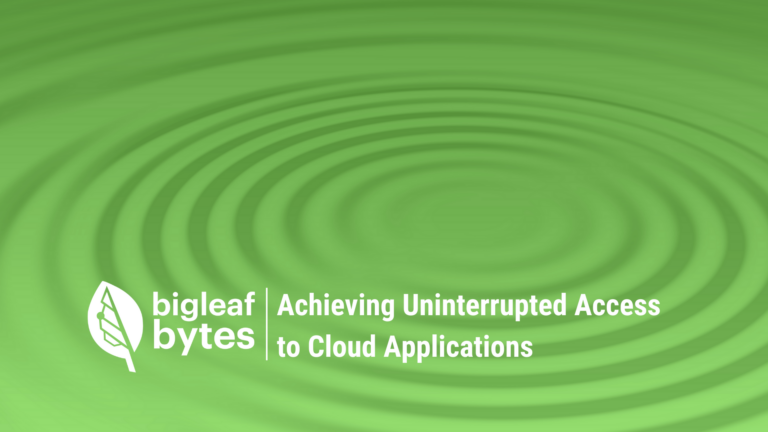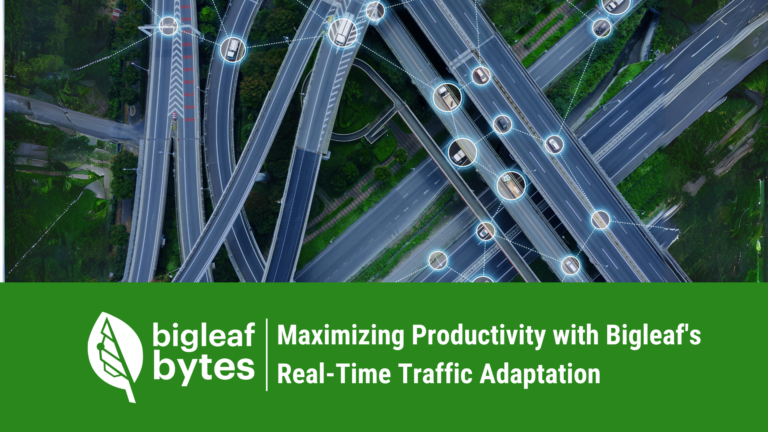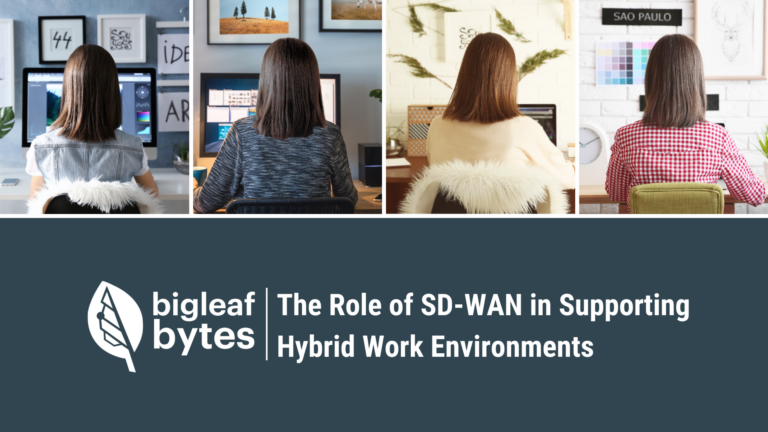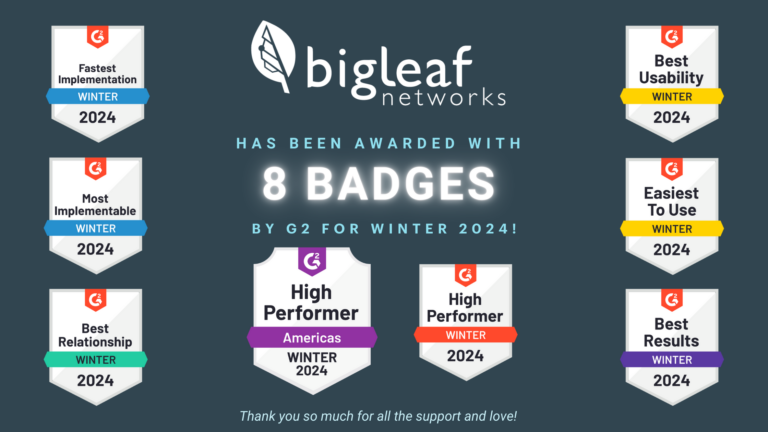According to the National Automobile Dealers Association, there are over 16,000 franchised car dealerships in the U.S. alone, selling around 17.5 million cars each year for a total of $995 billion in new car sales revenue. Combine that with another $110 billion in repair orders and you can see why the technology market for auto dealers is expected to exceed $10.7 billion by 2026, led largely by demand for cloud-based solutions (Source: Transparency Market Research).
Dealerships making this move to new cloud-based technologies are looking for help figuring out how to leverage the savings and flexibility of cloud without sacrificing the reliability of their legacy systems. Fortunately for them, IT pros like Bill McClain of Virginia-based consulting firm, Networking Solutions, are up for the task.
For over 20 years, Bill has worked with auto dealerships to help them build and manage the technology they need to grow their businesses. We sat down with Bill to talk about the unique technology challenges faced by auto dealerships, what’s driving their move to the cloud, what’s getting in the way, and how SD-WAN and Bigleaf can help.
Q: Why do auto dealerships require such a unique IT approach?
Bill: One word, “complexity”. The biggest IT challenge for a dealership chain is the range of technologies that they rely on. A lot of folks think of car dealerships and they envision a showroom and a lot with sales folks walking around. In fact, dealerships are run like three different businesses in one. Each of those business units have their own products and hours of operation, and all of them rely on various pieces of software to operate.
Any given dealership has multiple sales teams for different kinds of sales like showroom, auctions and fleet. Then you have the service department which must manage the shop as well as a parts warehouse. Finally, there’s the finance department who’s responsible for the dealership’s banking relationships.
What’s more, all those departments live on their phones. Adding another critical technology to an already complex technology infrastructure. Multiply this across multiple brands and locations, and you get a sense of how difficult it can be to keep a dealership chain up and running at full speed.
Q: What’s driving these dealerships to make the move to cloud-based systems?
Bill: Historically, these dealership groups have relied on in-house systems. Old AS/400 servers that ran local instances of critical applications like dealership management software (DMS) and Microsoft Exchange servers. These systems were expensive and complicated to maintain, so most groups couldn’t afford to have them at every location.
One of my clients had three campuses with multiple dealerships at each campus for different car brands. Because of the cost and complexity of their servers, they had all their locations connecting back to one DMS server at one of their larger locations. This arrangement required even more cost for MPLS connections between all those locations to keep all their other dealerships online. Even then, any disruption at the primary location, like a power outage or hardware problem, would take down every one of their dealerships.
By moving to cloud-based versions of those applications, these dealerships win in two big ways. First, they save time and money by eliminating the need for internal hardware management and infrastructure. Second, and arguably more importantly, their ability to run their business is no longer dependent on an aging server being managed by an understaffed IT department.
Q: What challenges are getting in the way of that cloud move?
Bill: Like most companies moving to the cloud, connectivity can be a big issue for dealerships. Once they move key systems like phones, email, and DMS to the cloud, the Internet connection at each location becomes a lot more important. This leads to two big challenges: availability and performance.
Many dealership chains are made up of lots of locations that are spread out between multiple campuses. Some of these campuses can be in more remote or rural areas with limited ISP options. This can make it difficult to find a single ISP that can provide the uptime and performance that dealerships would need to keep their cloud apps working reliably for all locations.
Some dealerships try to address the connectivity issue with a backup internet connection and a dual-WAN firewall. But those kinds of failover systems have some big problems. First, they only help during outages when the primary circuit is down hard. What’s more, the customer ends up paying for two lines every month when they’re only ever using one. This can be a hard sell to management.
Q: Is that why you typically get involved? Reliability issues?
Bill: That’s right. I’m usually contacted by a sales manager or general manager whose team is experiencing call quality issues or application outages. They usually aren’t interested in the technology side of things. They just want their teams to be more productive, and they need these systems to work more reliably.
One dealership I work with has 13 brands spread across four dealerships on one campus, with fiber running between each dealership, and a Bigleaf router connecting them to three different major ISPs. One of the ISPs went down and, because they had Bigleaf installed, it didn’t affect their phone or cloud systems. They were still in business. I remember calling the CEO to let them know and they had no idea an outage had ever occurred… but their competition did.
Q: How has Bigleaf’s unique take on SD-WAN helped these dealership chains make the move to the cloud more successful?
Bill: The internet has become a commodity. But it’s still the internet with all the quality and reliability challenges that come with it.
With Bigleaf, dealerships can buy the most appropriate connection for each of their sites. Instead of going to one ISP, they can go to the best ISP for that specific geographic location. This gives them more flexibility as they grow.
Bigleaf also works with the customers’ existing firewalls. That means they can drop in Bigleaf without having to add risk or cost to their security infrastructure. Because Bigleaf works right out of the box without the need for policies, I can fix a customer’s call quality or application outage issues in a matter of days instead of months. It just works.
At the end of the day, dealerships are in business to sell cars, not babysit their network connections. Bigleaf gives them the peace of mind that their applications now running in the cloud will work reliably and with the quality of service they need, freeing them up to sell more cars.
